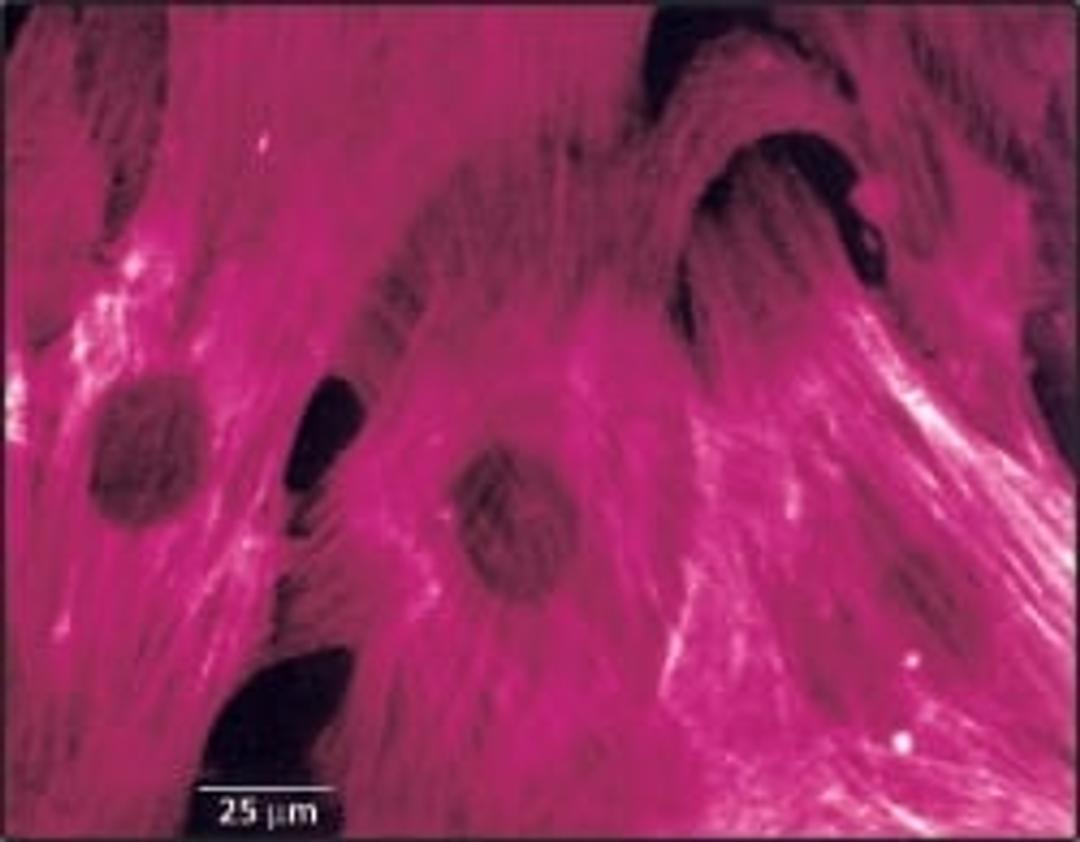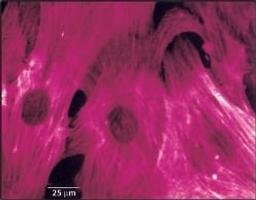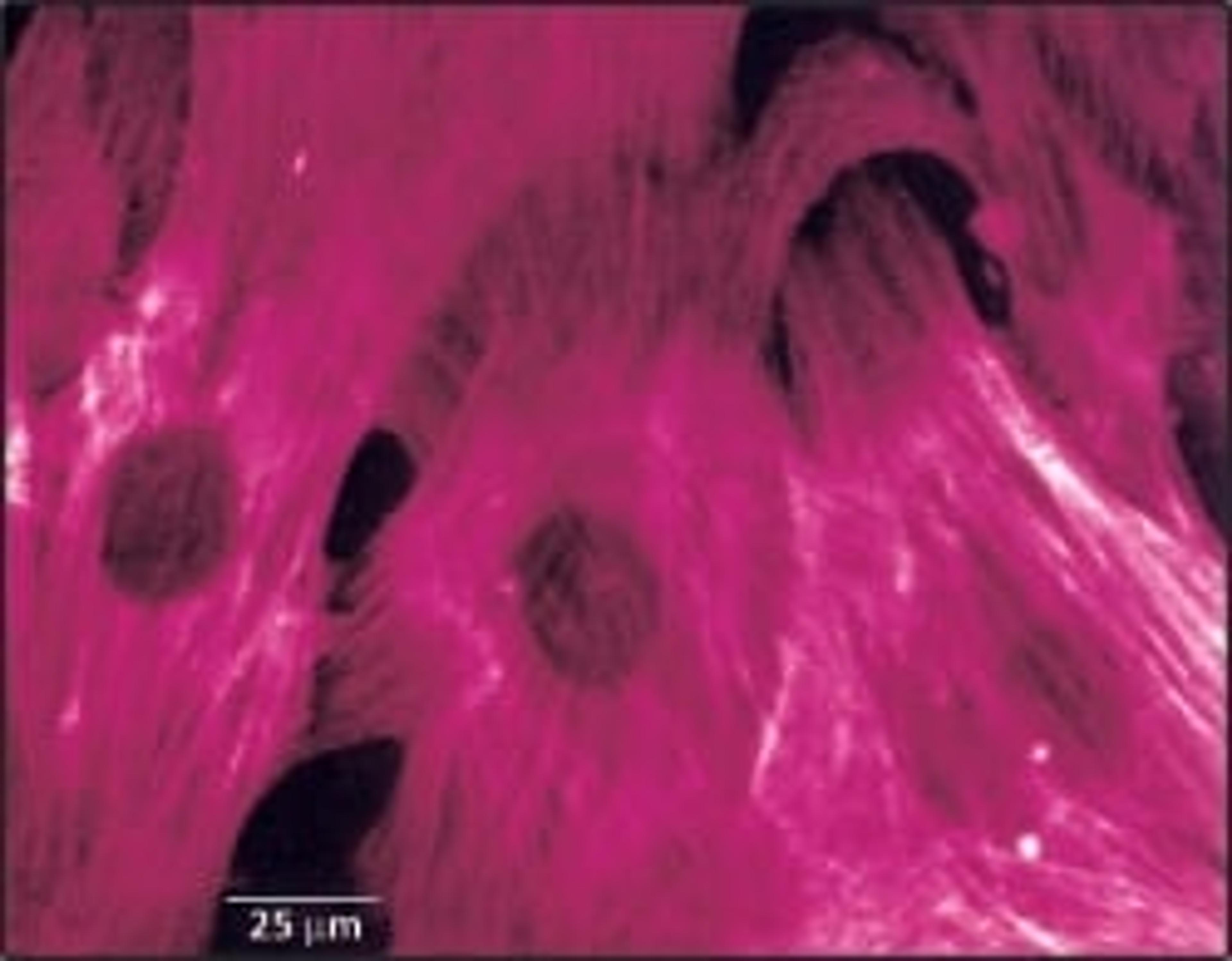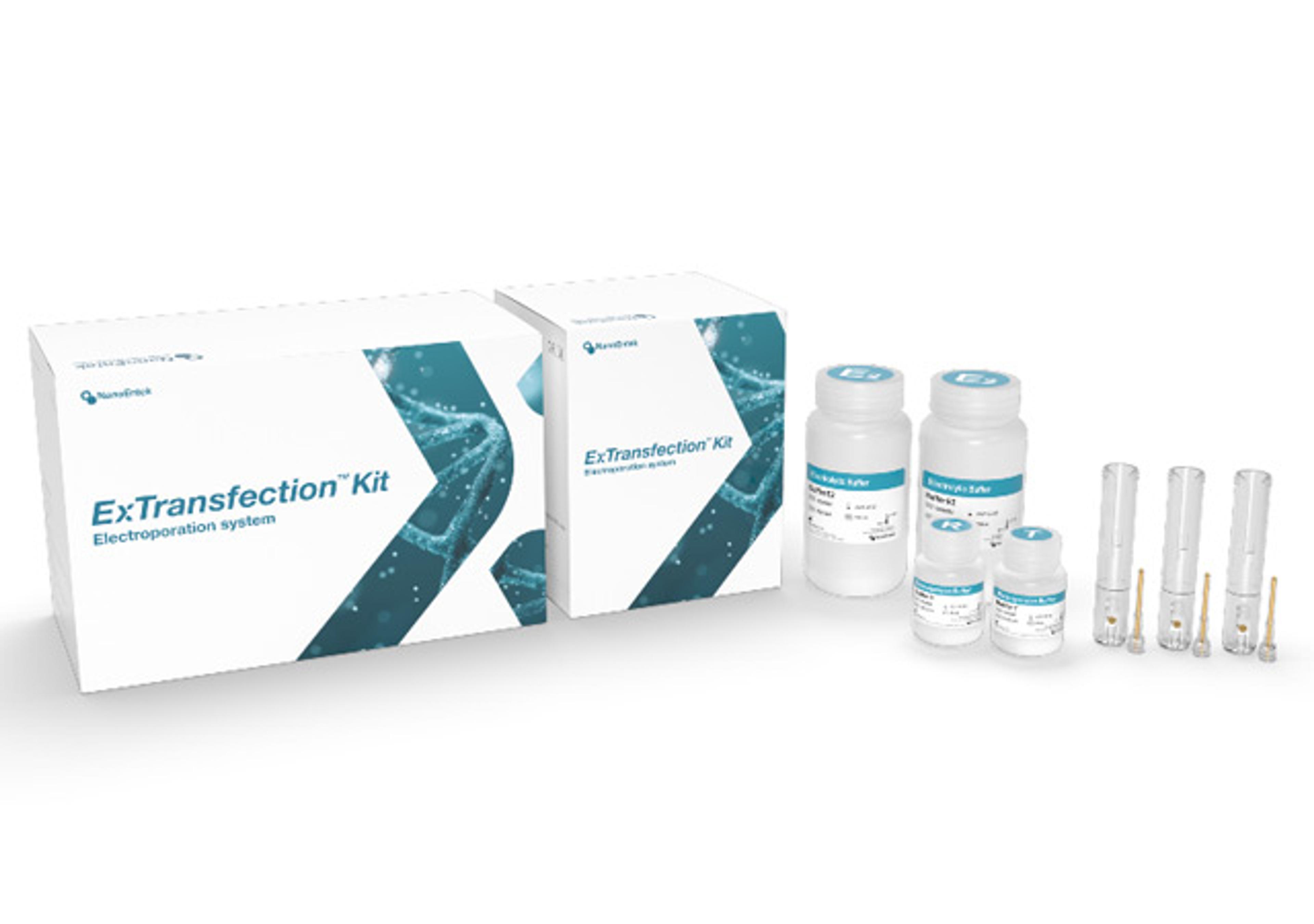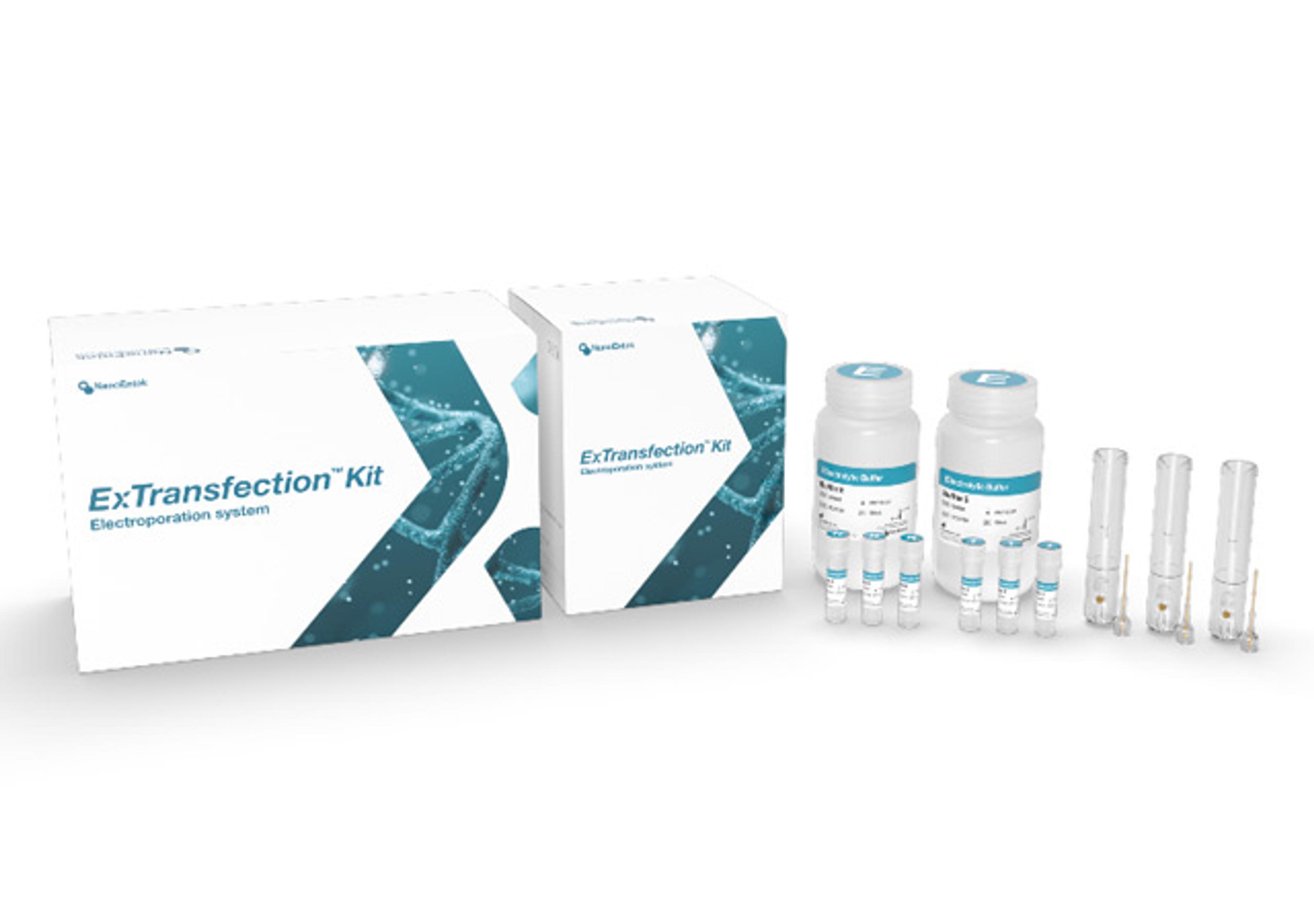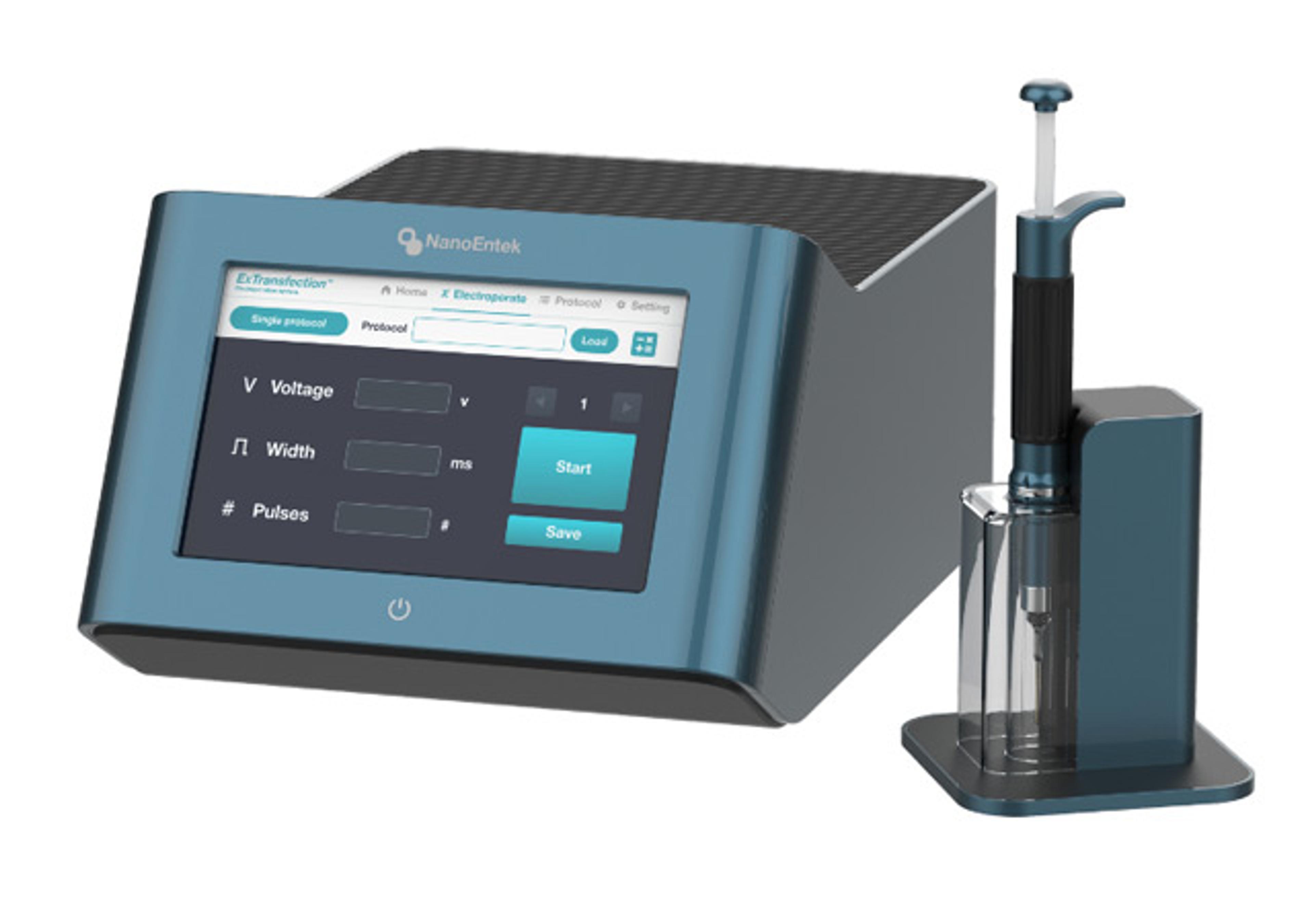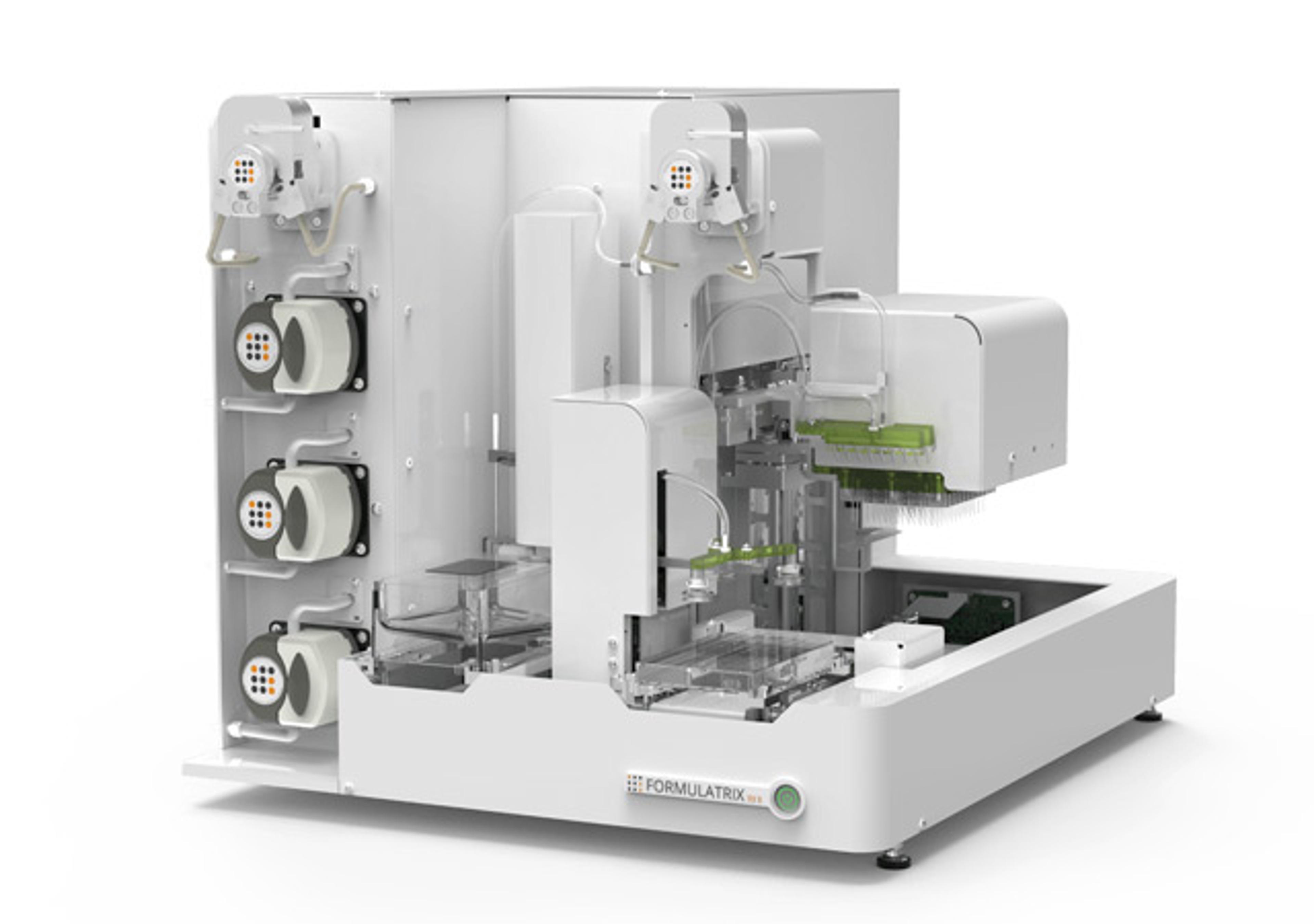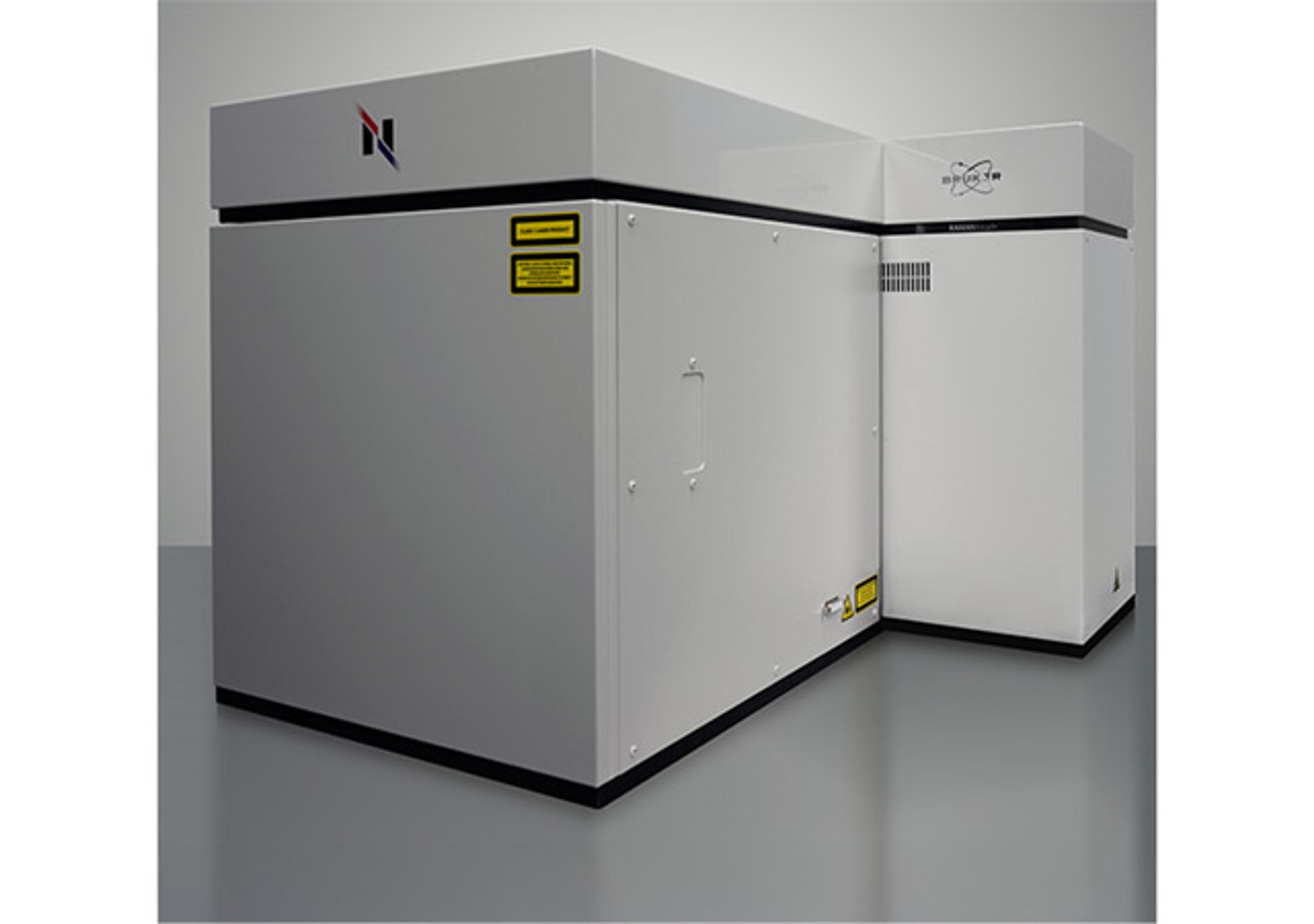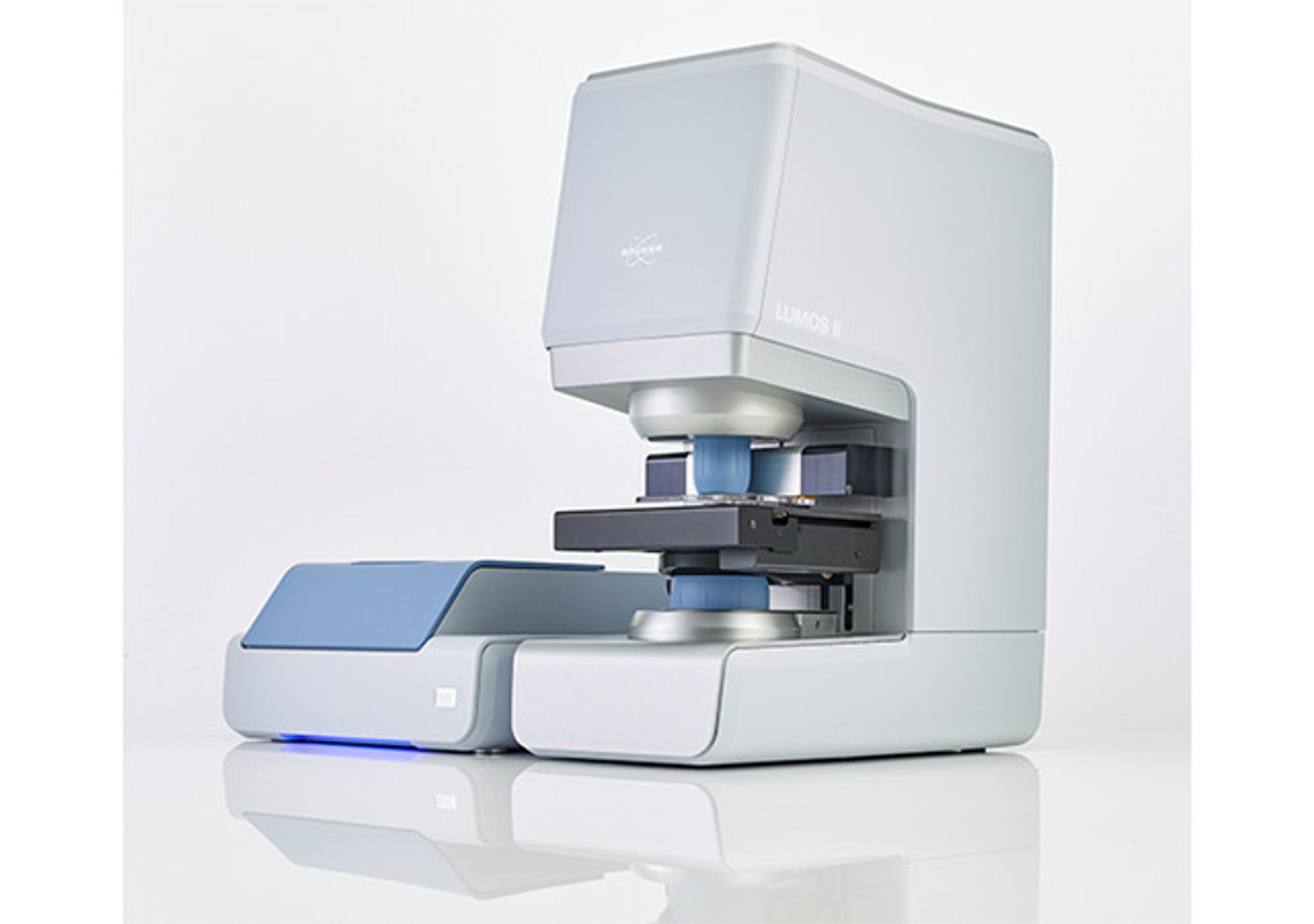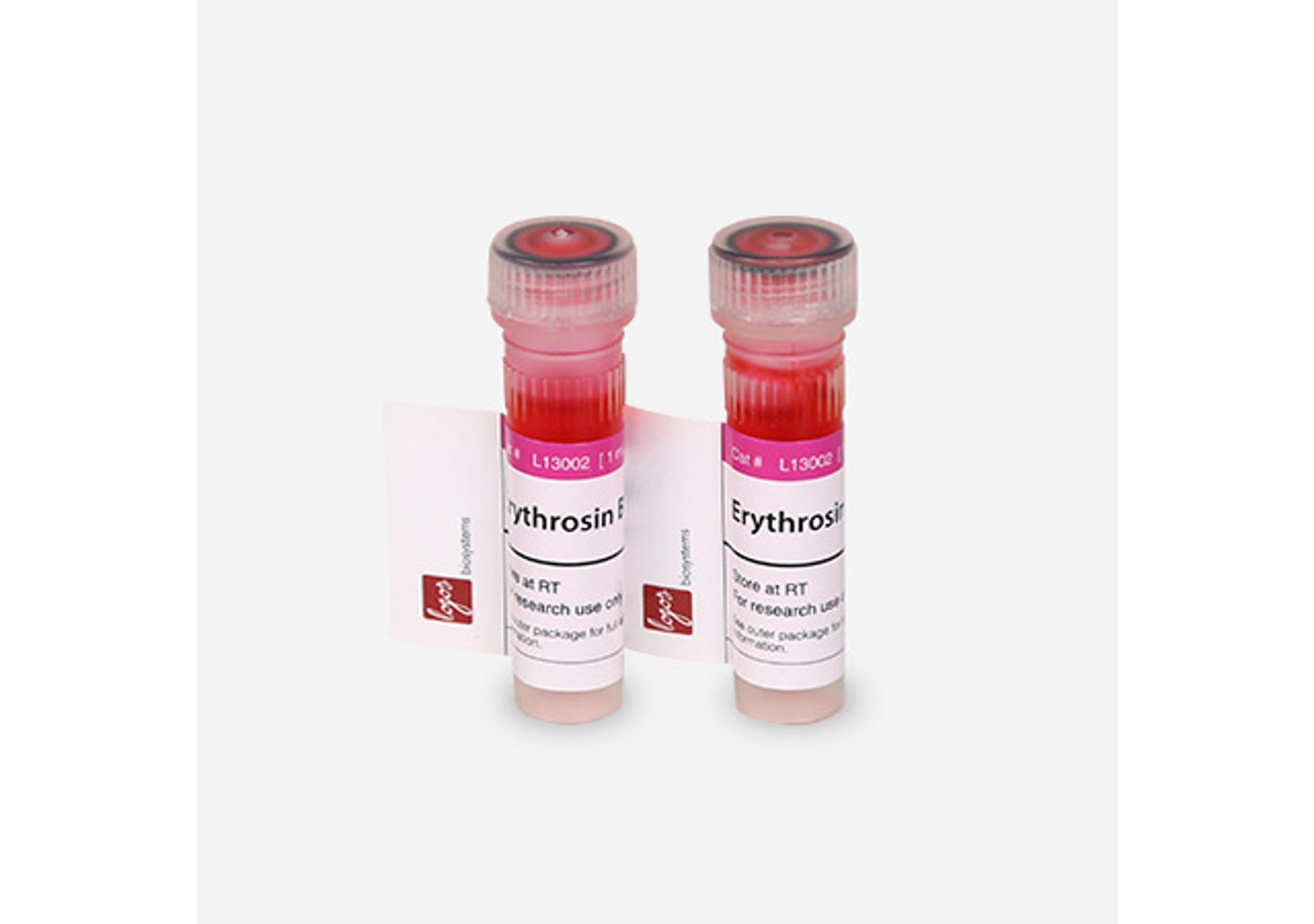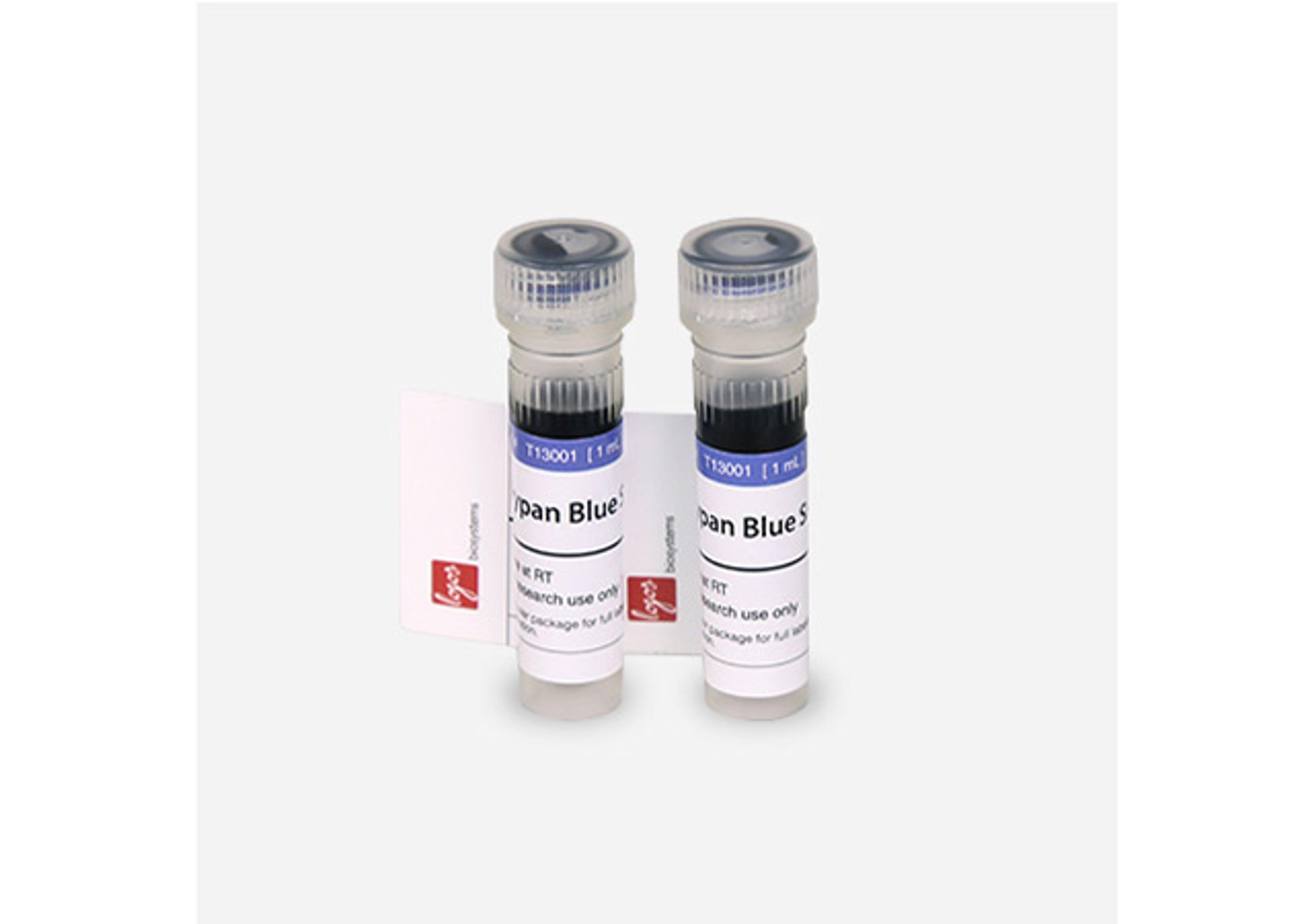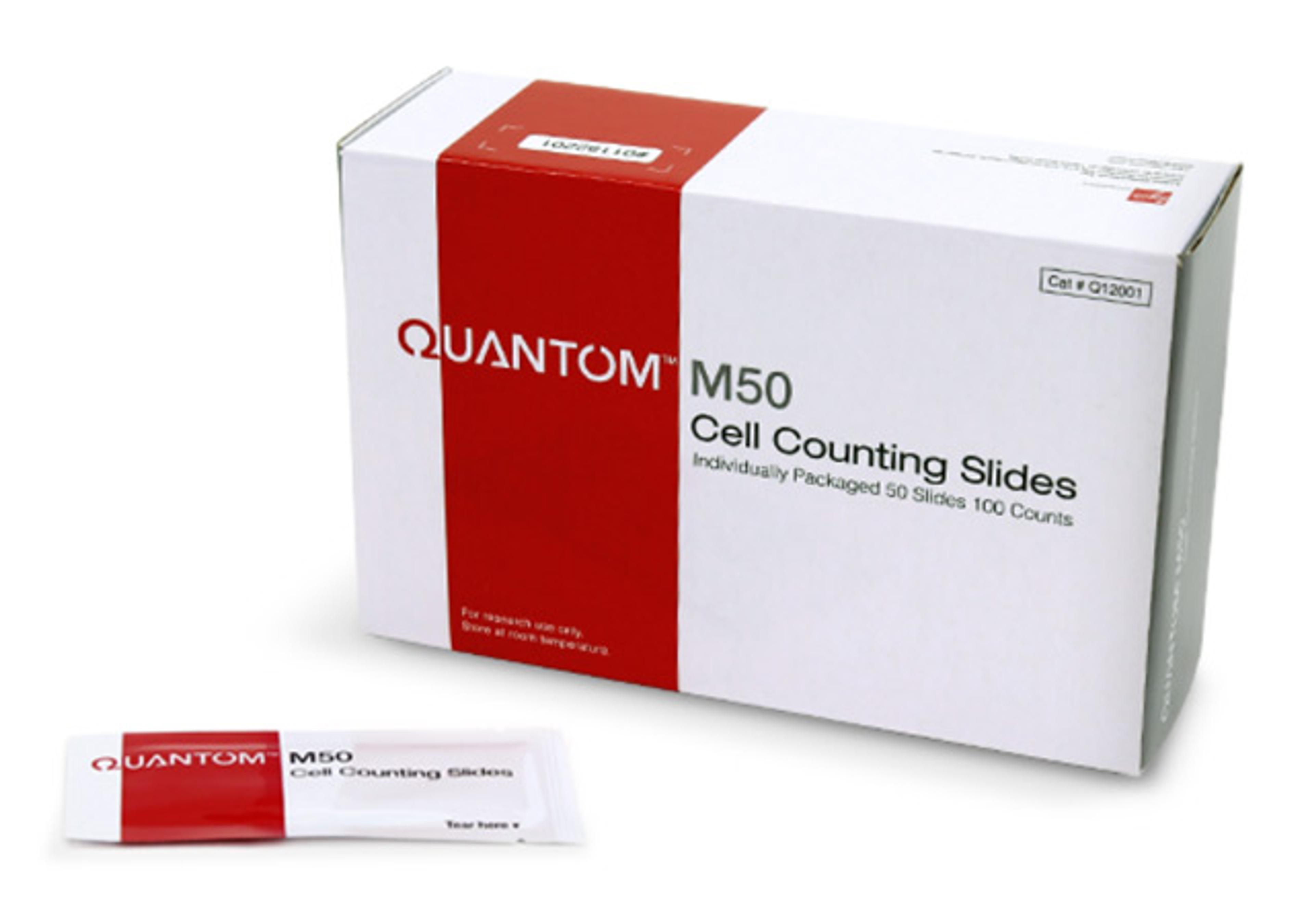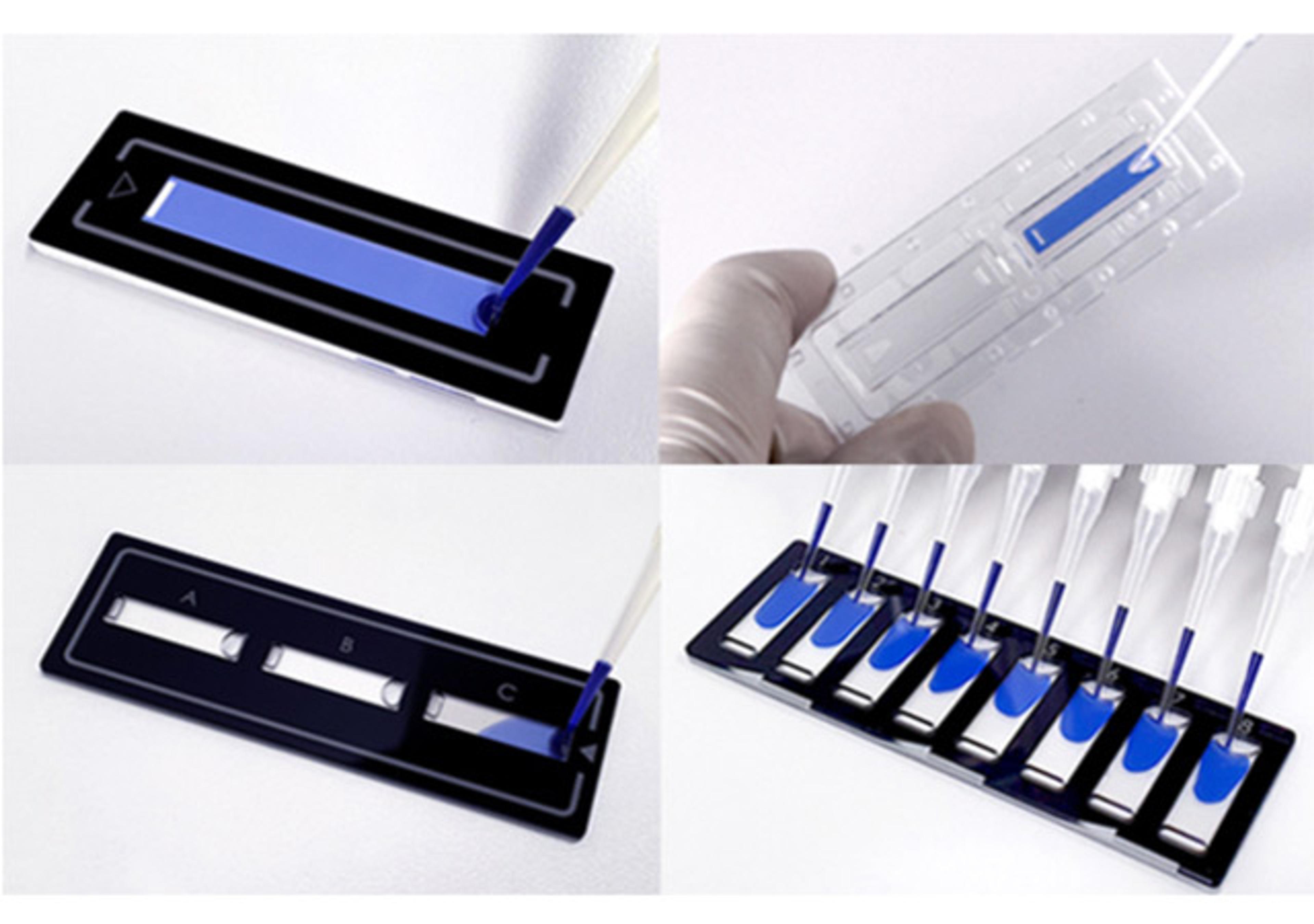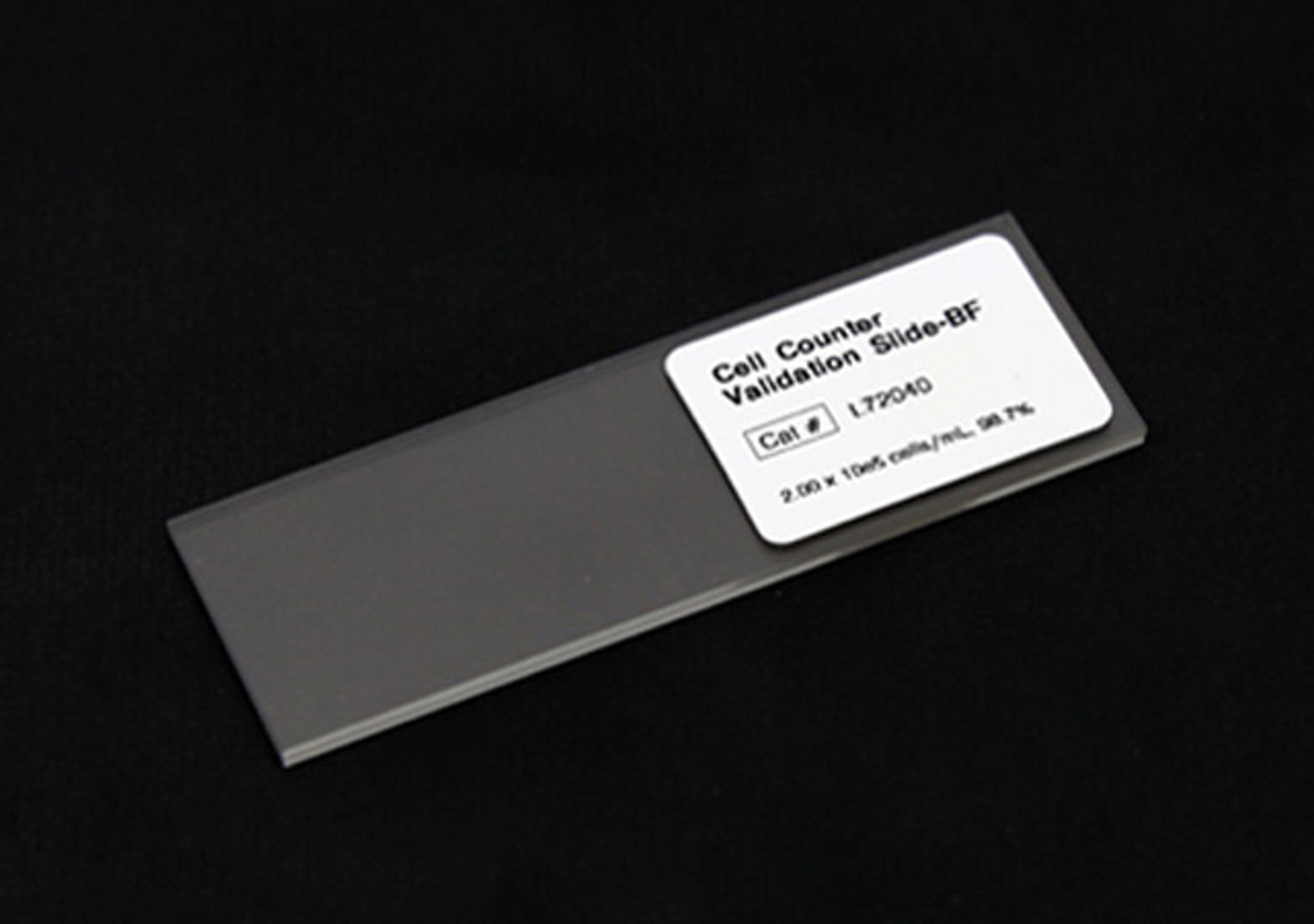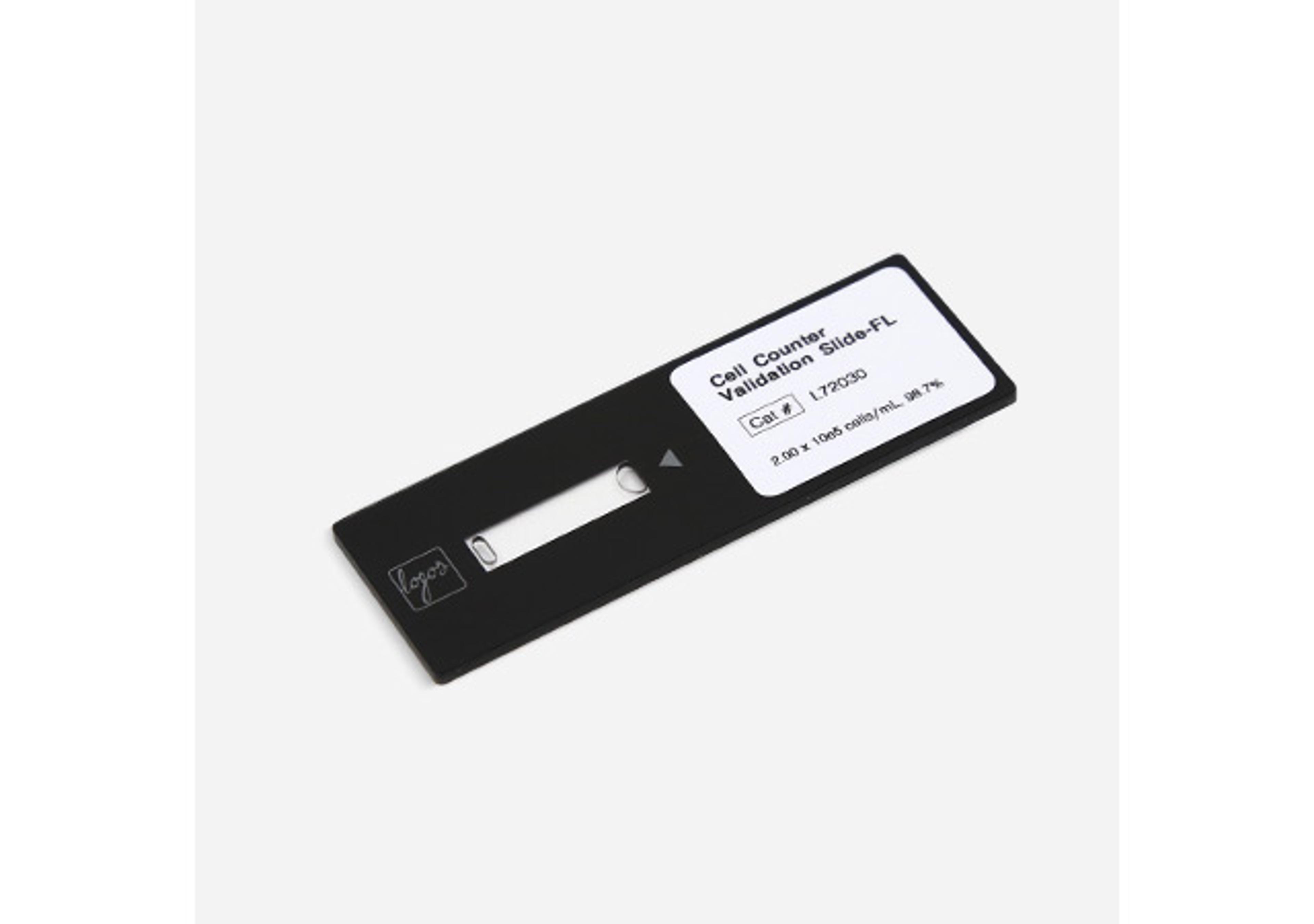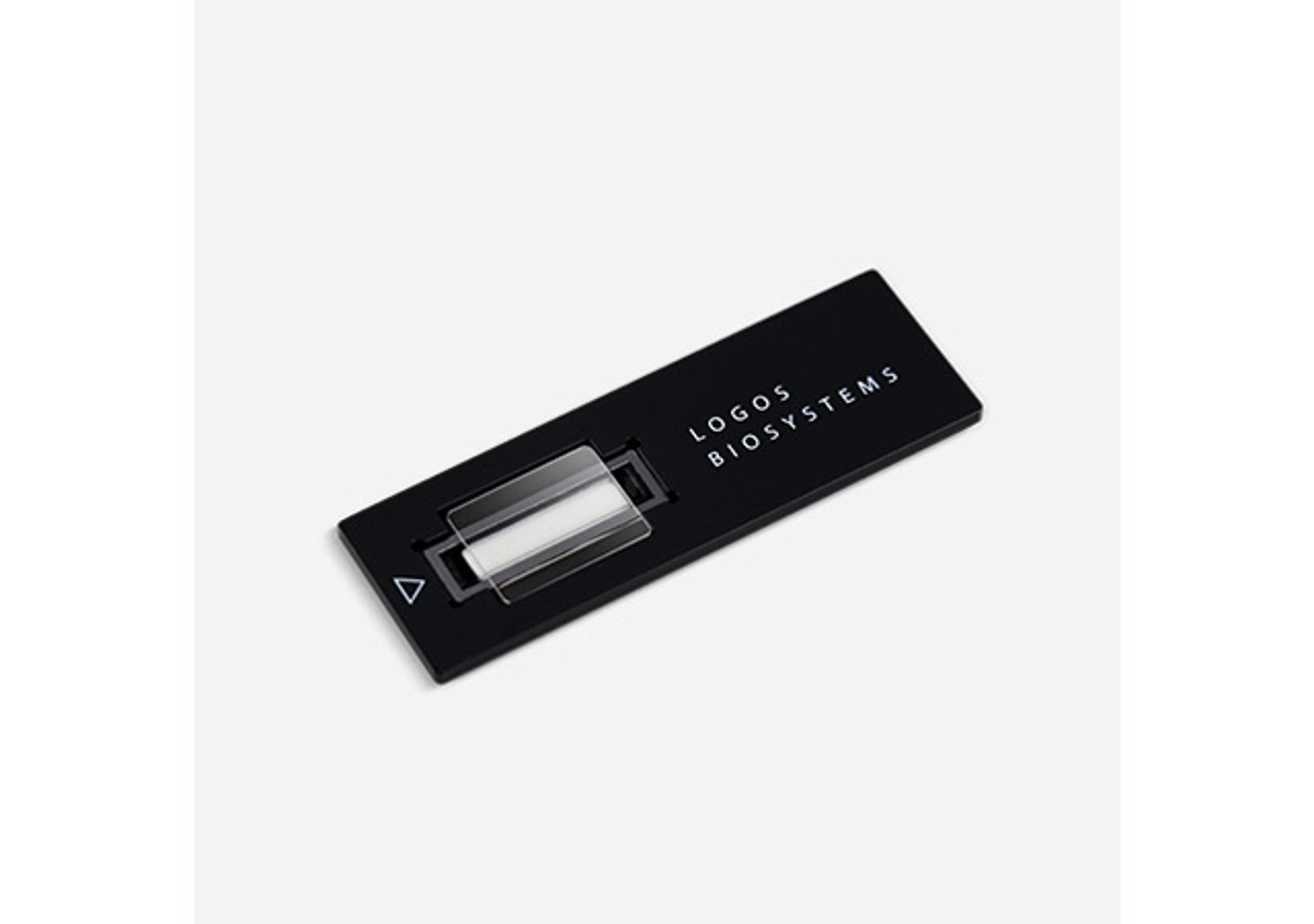Monoclonal Anti-Actin, α-Smooth Muscle
clone 1A4, ascites fluid

The supplier does not provide quotations for this product through SelectScience. You can search for similar products in our Product Directory.
Actins are cytoskeletal proteins that regulate cell motility. Several scaffolding, signaling and actin-binding proteins regulate the interconversions between filamentous F-actins and monomeric G-actins. Cellular actins of various species have very similar immunological and physical properties. Hence, the use of monoclonal antibody to actin provides a specific and useful tool for studying the localization, structure and function of actin proteins. Actin 2 (ACTA2), the smooth muscle actin is encoded on human chromosome 10q23.31.
Mouse monoclonal anti-actin, α-smooth muscle antibody binds to actin from human, mouse, rat, bovine, chicken, frog, goat, guinea pig, rabbit, dog, sheep, and snake.
Monoclonal Anti-α Smooth Muscle Actin (mouse IgG2a isotype) is derived from the hybridoma produced by the fusion of mouse myeloma cells and splenocytes from an immunized mouse. The NH2 terminal synthetic decapeptide of α-smooth muscle actin coupled to keyhole limpet hemocyanin (KLH) was used as the immunogen. The isotype is determined using Sigma ImmunoTypeTM Kit (Sigma Stock No. ISO-1) and by a double diffusion immunoassay using Mouse Monoclonal Antibody Isotyping Reagents (Sigma Stock No. ISO-2).
The antibody (also known as anti-α-Sm-1) is specific for the single isoform of α-smooth muscle actin. It reacts specifically with α-smooth muscle actin in immunoblotting assays and labels smooth muscle cells in frozen or formalin-fixed, paraffin-embedded tissue sections.

